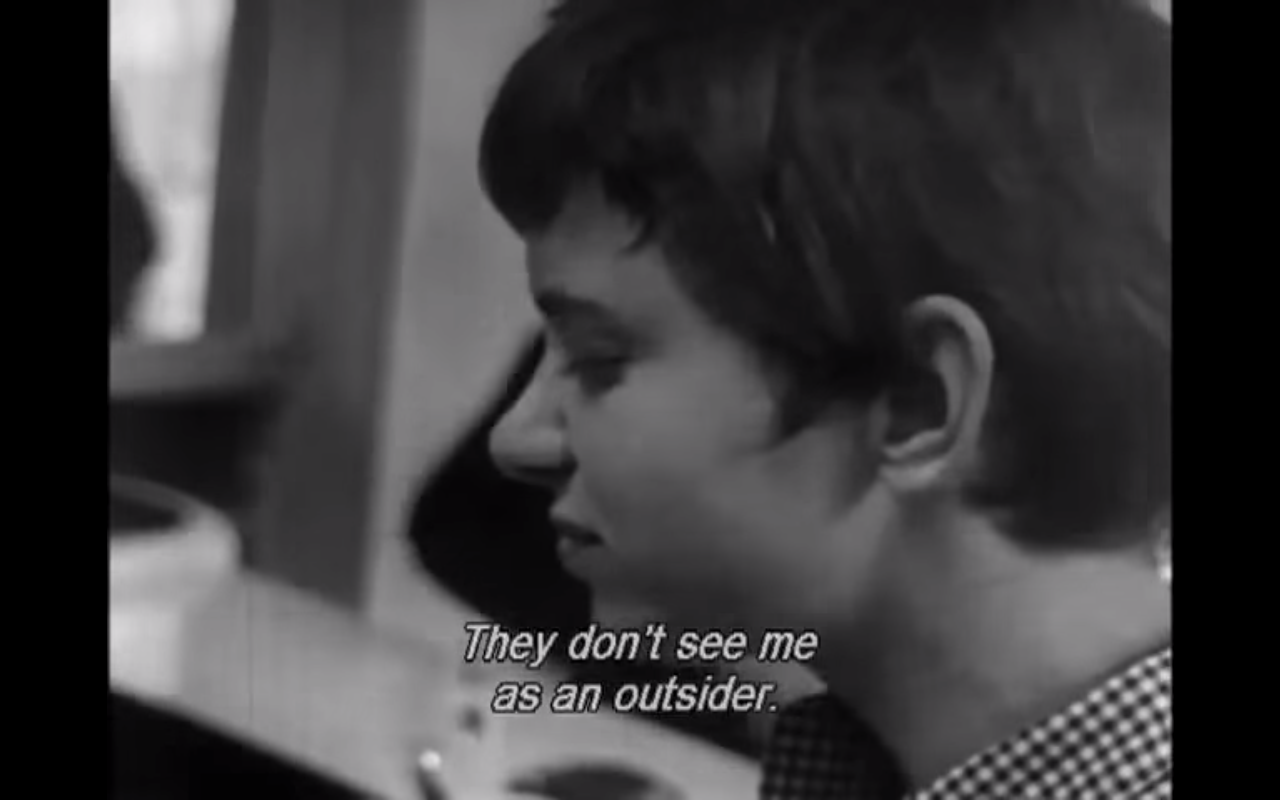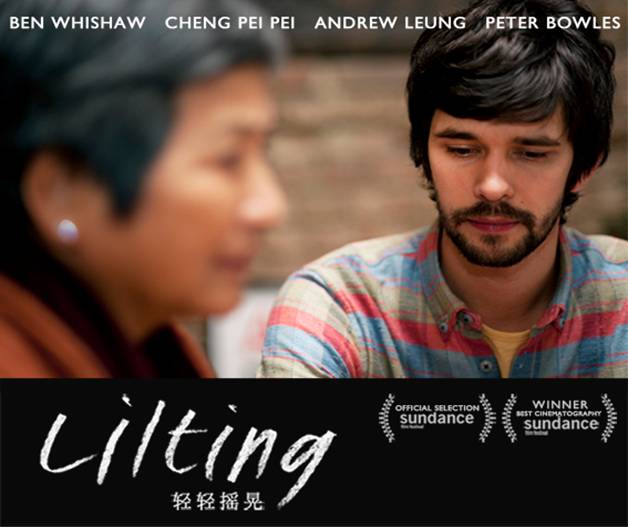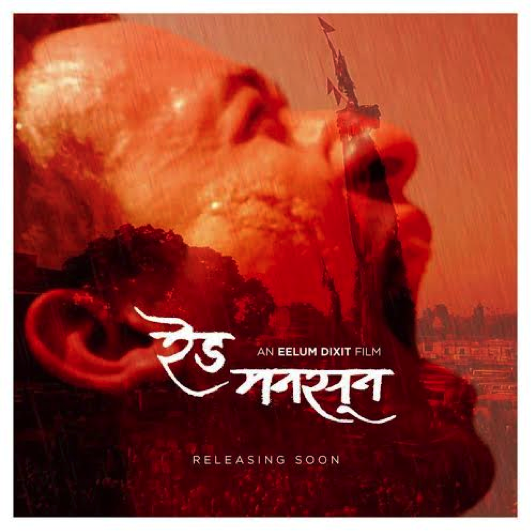A story that can be retold and rewritten, but can all the while retain its own thingness—a story that can evolve in the imagination—is a finger in the face of the insipid outpouring of gifs and memes we daily consume, like Technicolor marshmallows shot out of the all powerful maw of the Facebook-Disney machine.
We of the lower forty-eight are fortunate, then, that something like Samuel Archibald’s Arvida, has been recently translated from the French by Donald Winkler. We need stories. And these stories from a land we’ve all been living alongside our whole American lives will do nicely. These are American stories. But another America, a hidden America, maybe even more American than the America we think we know.
Canada. In Archibald’s Arvida, there is an echo of some of the wavering visions we have of our northern neighbor (evergreen, flannel), but they are woven into the fabric of a working-class town, both factual and fabulous, immediately calling up comparisons to Canadian filmmaker Guy Maddin’s evocations of Winnipeg. Both Maddin and Archibald tell their tales utilizing a personal history of a family and a discreet location, while at the same time breathing into them a dream logic and fairy tale or fable-like tropes.










